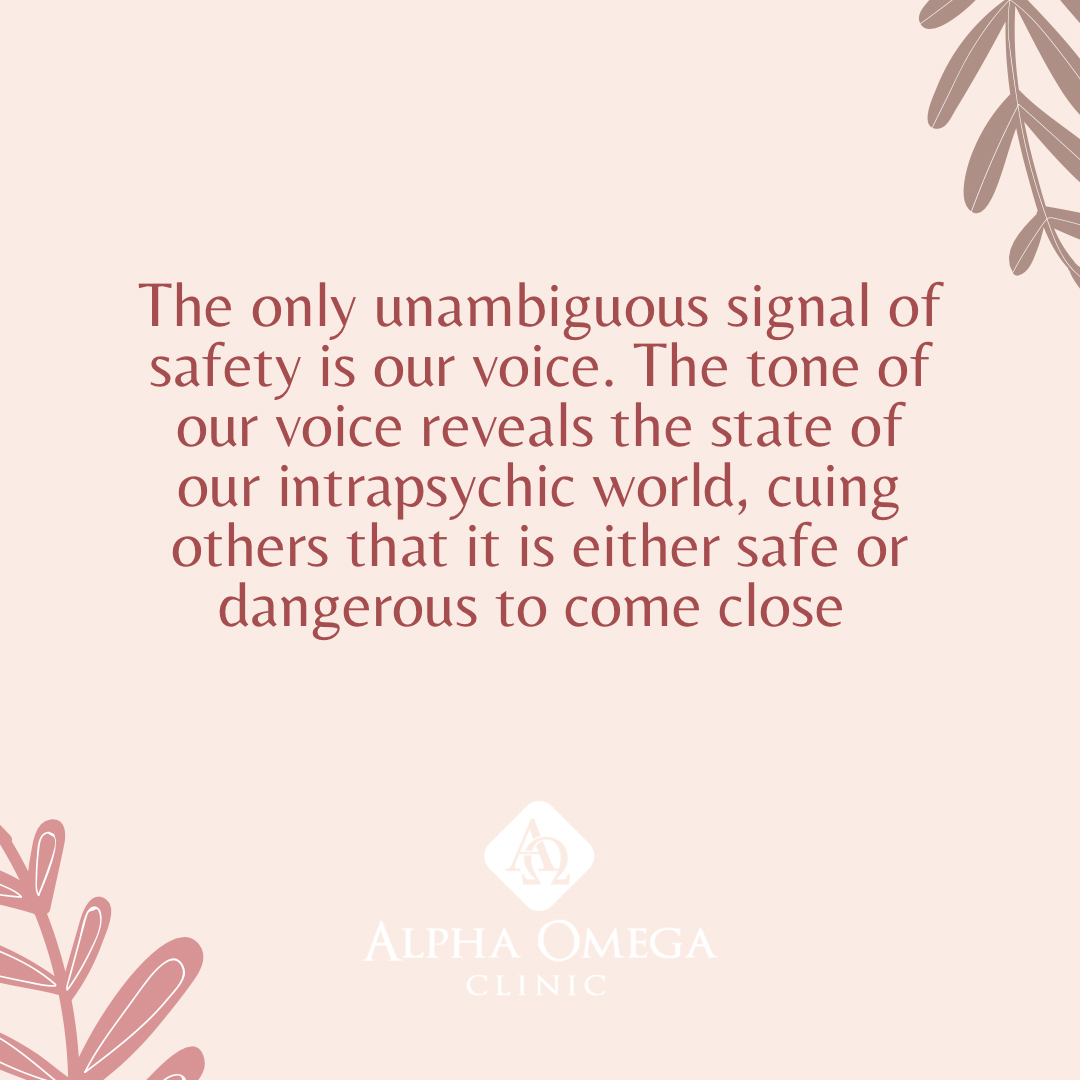Emotional signaling is at the core of most negative interactions. This is tricky because we are often completely unaware of our own emotion. The reality is that if your heart is pumping and your lungs are working, you’re feeling emotion. Emotions are an essential and unavoidable part of our human experience. The most effective way to improve interactions is to shift how we manage our emotions. This begins with bringing awareness to what is happening on the inside (the intrapsychic).
We may think we are communicating something helpful to those we care for but in fact be adding to the distress in the room. When this happens, it is often because what we are saying is conflicting with how we are saying it. The difference may be subtle but that’s all it takes. Humans are wired to pick up on micro expressions (changes in tone, facial expressions, etc). To ease the anxiety that you may feel when reading this, it’s important to know that you don’t need to be perfect to improve how you say things. Start with noticing what’s coming up and act on that information. Below are two possible examples:
For parents: “Mommy/Daddy is feeling overwhelmed right now. I’m going to leave the room and come back when I can be more present with you”
For couples: “I’m feeling waves of emotion come over me while we’re talking. Can we slow down/can you hold my hand/can we take a break and come back?”
For individuals: “Wow I’m noticing lots of distress in my body. It’s ok, it’s my emotion coming up. I can stay with myself until this passes”
Practicing this will help match your tone with your emotional state. This helps us work towards the soft, slow, and low tone that makes us and others feel safe.
Want more ways to receive our content? Follow us on Instagram or Facebook or subscribe to our e-newsletter!
* The information provided is for self-enrichment and not intended to replace any necessary mental health treatment.
Warmly,
Jonathan Dixon, LMFT
Alpha Omega Team





